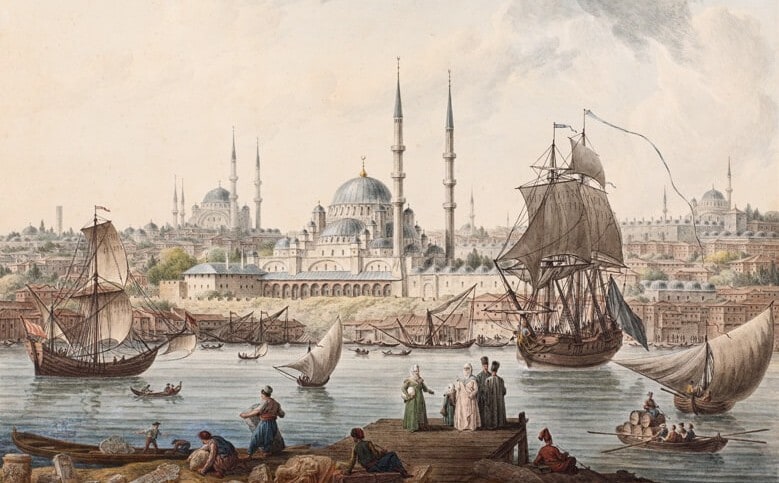Director: Armando Bo
Cast: John McInerny, Griselda Siciliani, Margarita Lopez
Argentina; 91’, 2012, color
Spanish with Turkish subtitles
Life is generally crummy for Buenos Aires Elvis impersonator Carlos Gutierrez (first-time actor John McInerny). His family life is a shambles, his factory job sucks – about the only good times are when, proud in a rhinestone jumpsuit, he’s onstage channeling E - belting out “An American Trilogy,” “Suspicious Minds,” or “You Were Always on My Mind.” When an accident forces him to take responsibility for his daughter Lisa Marie (sic), the story moves into father and daughter bonding territory, but it reaches deeper and becomes a character study of a man who devotes his life to reaching his dream. First time director Armando Bo (screenplay for Biutiful) has created a bluesy, heartbreaking, focused film featuring McInerny’s immensely strong central performance.
Trailer

When regarding the paintings of Istanbul by western painters, Golden Horn has a distinctive place and value. This body of water that separates the Topkapı Palace and the Historical Peninsula, in which monumental edifices are located, from Galata, where westerners and foreign embassies dwell, is as though an interpenetrating boundary.
Tuesday - Saturday 10:00 - 19:00
Friday 10:00 - 22:00
Sunday 12:00 - 18:00
The museum is closed on Mondays.
On Wednesdays, the students can
visit the museum free of admission.
Full ticket: 300 TL
Discounted: 150 TL
Groups: 200 TL (minimum 10 people)